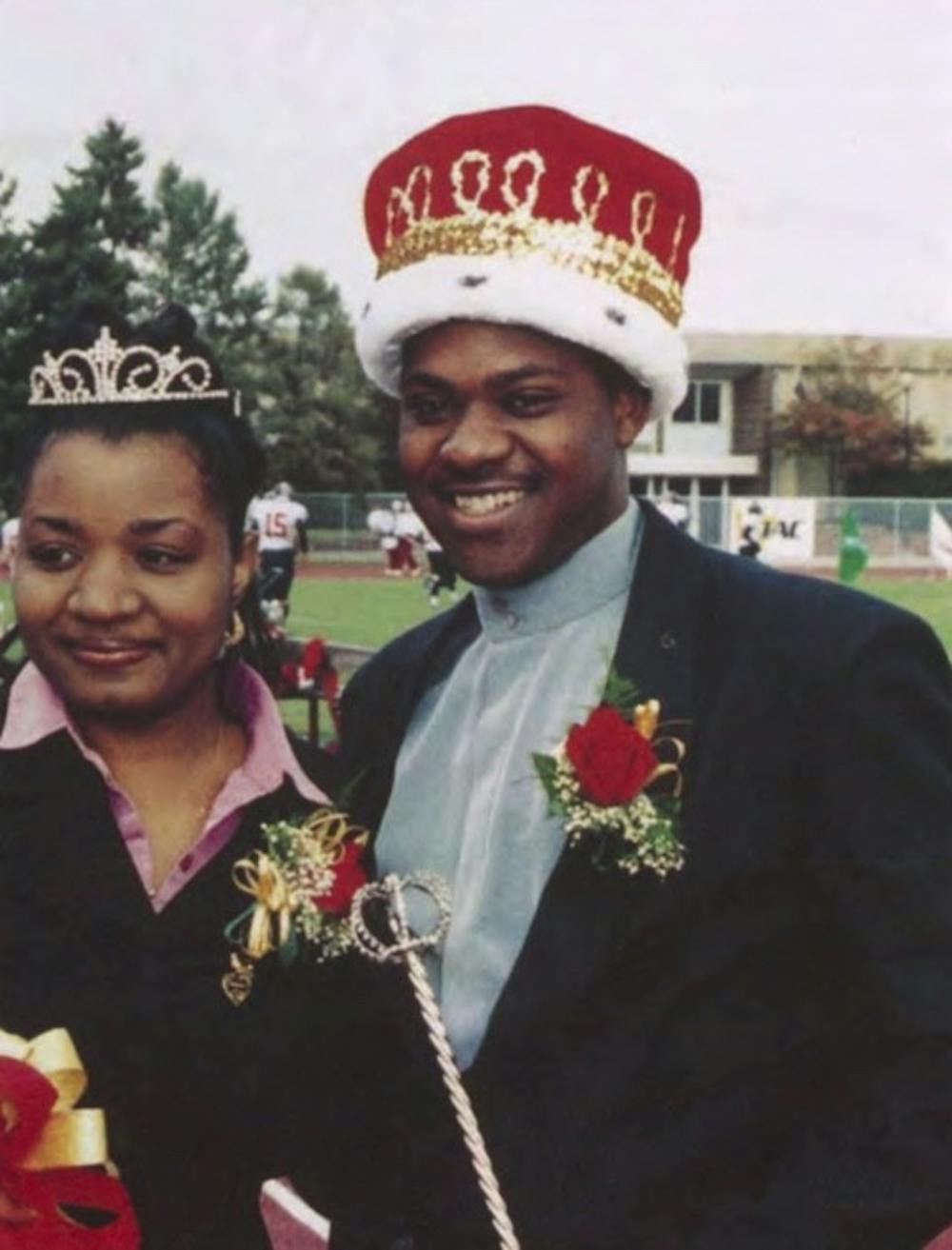With homecoming week rapidly approaching, it’s always nice to look back on the history of Otterbein. Alumni and current students alike reflect on homecoming royalty of the past. Specifically, many students remember the historic Otterbein homecoming king and queen of the class of 2003.
That year, Antionette Greene and Jason Jenkins became the first African American homecoming queen and king in Otterbein's history. While this was a big accomplishment for Greene and Jenkins, their excitement was not returned by the university. It was incorrectly brought to the attention of the school that they were not the first African American homecoming queen and king, which led to a five month investigation into whether Greene and Jenkins were truly the first African American homecoming queen and king. When it was finally proven that Greene and Jenkins were the first, it did not receive any media attention from Otterbein's administration or student media.
“I definitely had a sense of pride, but I guess the coverage of it also left me feeling somewhat defeated,” Green said.
She remembers feeling unseen, unheard, and instead of feeling celebrated for breaking a cultural barrier at Otterbein, she felt merely tolerated. She carries with her the pride in knowing that she gained respect and admiration of her peers across all color lines while at Otterbein.
Looking at the present, Greene says there are many improvements that she would like to see in the future.
“When I’m on campus, I don’t see progressive changes. I would like to see more students of color,” Greene said. In addition, Greene says she would like to see an increase in the diversity of faculty. She explains how having a diverse faculty not only provides a more inclusive environment for students of color, but it provides different perspectives for students of all races and ethnicities.
Similarly, Otterbein's first African American homecoming king remembers feeling disheartened. Specifically, he remembers when the Tan and Cardinal newspaper did not cover the historic milestone - but they did publish a cartoon strip heavily criticizing Affirmative Action policies surrounding American education at the time.
"The fact that they posted the caricature with no context, it felt to me that (the newspaper) would rather try to talk about how every black person here is here because of the color of our skin and not because of our intelligence," Jenkins said.
While Jenkins "absolutely" sees progressive changes in diversity and inclusion on Otterbein's campus, he hopes to see a push for equity there as well.
"When I say equity, there is a stark difference between equity and equal. Equal means that's a level playing field, and I think that's the way Otterbein has been trying to operate," said Jenkins
"It can't be equal," Jenkins said. When a group of students is repeatedly impacted by statutory practices in society, there needs to be steps toward equity at Otterbein.
While Greene wishes she could make it to Otterbein’s homecoming weekend this year, she has leadership commitments with the National Pan-Hellenic Council, a collaborative Greek organization in Atlanta, Georgia, made up of nine historically African American fraternities and sororities.
This story has been updated from its original publication with the interview of Jason Jenkins.








